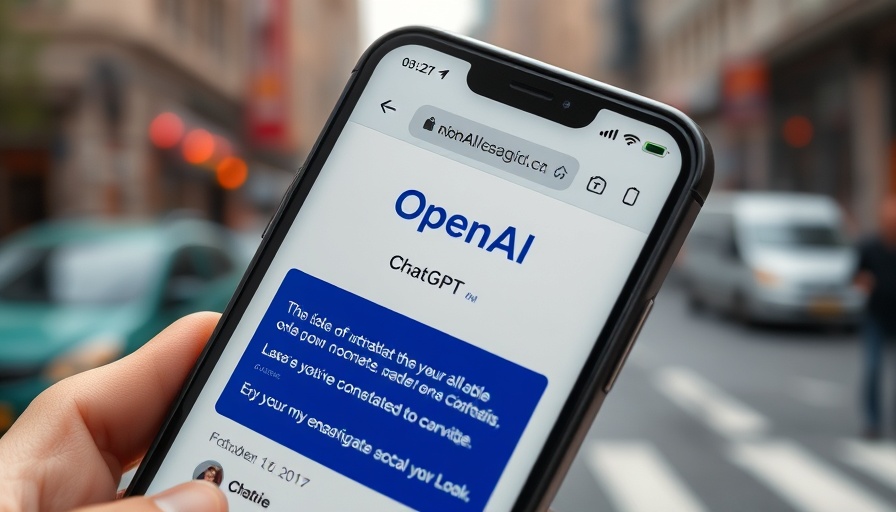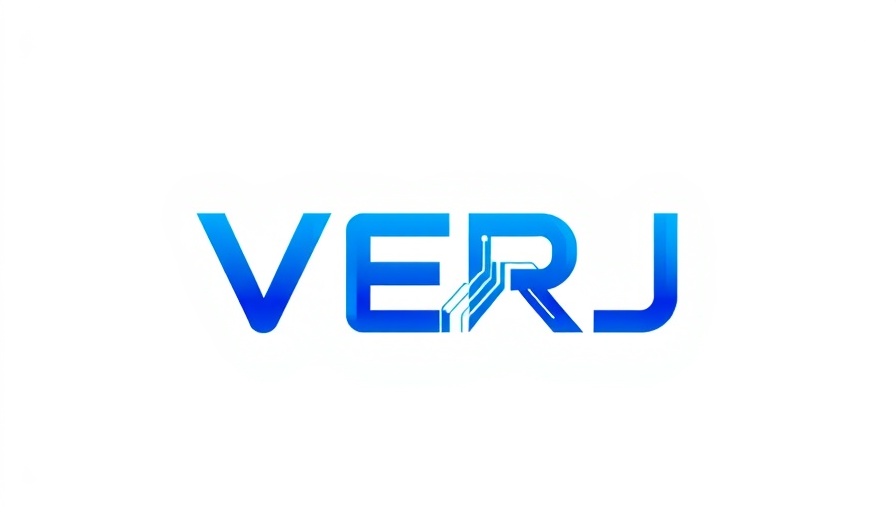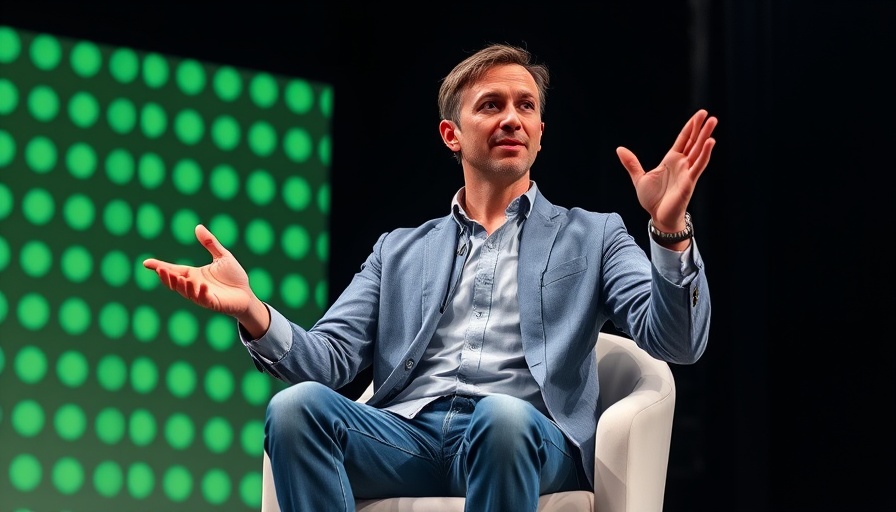
Is Stargate Set to Revolutionize AI Data Centers?
Stargate, the promising collaboration between OpenAI and SoftBank Group, alongside other key players, emerged into the spotlight with grand ambitions. In January, Sam Altman, OpenAI's CEO, and Masayoshi Son, the boss at SoftBank, stood next to President Donald Trump, announcing a strategic plan to augment AI capabilities across the globe. They proposed an initial investment of $100 million, eventually eyeing a staggering $500 billion in future investments.
However, as the months pass, one has to wonder: Is Stargate stuck at the starting gate?
Disappointments and Delays: What’s Holding Stargate Back?
Recent reports indicate that not a single data center deal has materialized since the ambitious announcement. The Wall Street Journal notes that disagreements regarding the specific terms of the partnership have delayed progress. Key issues such as the locations for the data centers remain unresolved, and the partners have curbed their ambitions significantly, now targeting to construct a modest data center by the end of the year, likely in Ohio.
While OpenAI and SoftBank claim that they are making advances across multiple states at 'hyperscale and speed,' the tangible facts tell a different story. Critics might view these delays as a reflection of larger challenges within the AI sector, where rapid innovations often confront complex regulatory and operational hurdles.
The Bigger Picture: AI's Evolving Landscape
The struggle for Stargate is not unique. The larger AI landscape is rife with its own challenges as technology giants race to advance capabilities while facing scrutiny and competition. For instance, Google’s recent developments with their Pixel phone demonstrate how high-stakes technology launches can lead to either soaring success or abrupt setbacks. Their upcoming Pixel 10 is rumored to feature enhanced AI technologies that could redefine smartphone capabilities.
This example draws attention to the competitive nature within the tech world, as companies strive not only to innovate but also to entice consumers constantly. OpenAI and SoftBank’s ambitions must contend with this rapidly evolving landscape, where technological prowess and public interest are paramount.
Potential Consequences of Stargate’s Hold-Up
The slow progress on the Stargate project could have broad ramifications. As OpenAI continues to push the boundaries of what AI can do, any delays in foundational infrastructure could hinder the potential applications of AI in other industries. This raises concerns about the scalability of AI innovations and their subsequent impact on sectors ranging from healthcare to finance.
Moreover, the implications extend beyond immediate technological advancements. As countries grapple with developing their AI strategies, delays in partnerships like Stargate could affect national competitiveness. With global collaborations increasingly dominating the narrative around AI, it is crucial that initiatives make timely progress.
Looking Ahead: Hope for the Future
Despite the hurdles, optimism remains. The initial investment promises gradual growth. Should the partners resolve their disagreements and recommit to the larger vision, Stargate might still emerge as a pivotal player in the AI data center revolution. Additionally, fostering transparency and communication among partners could pave the way for stronger alliances and future prospects.
Final Thoughts
In conclusion, while Stargate may currently find itself mired in delays, the project embodies a significant interest in the future of AI. The next few months will be crucial—for both the project and the wider AI community. Keeping a watchful eye on Stargate's journey might yield insights into the evolving complexities of technology partnerships and the pivotal role they will play in shaping our digital future.
 Add Row
Add Row  Add
Add 




Write A Comment